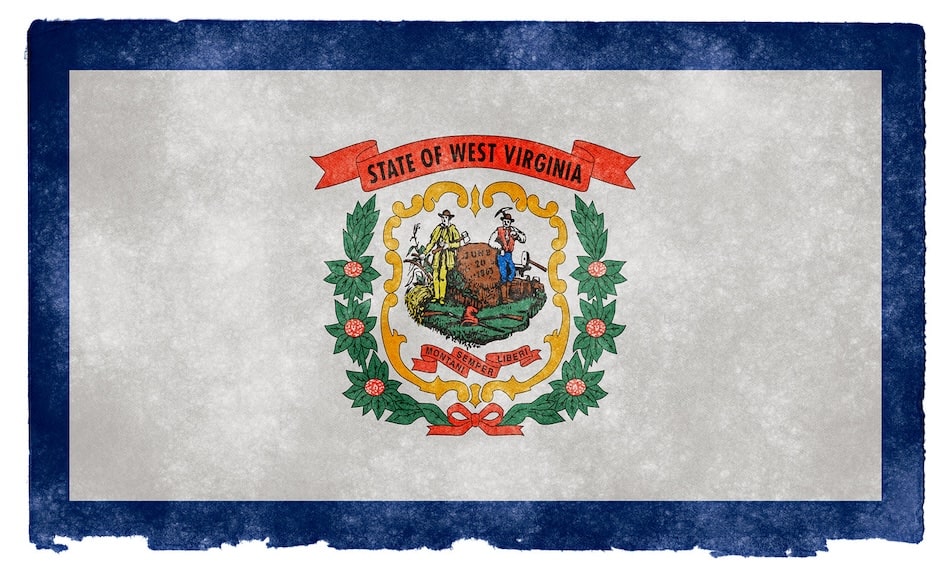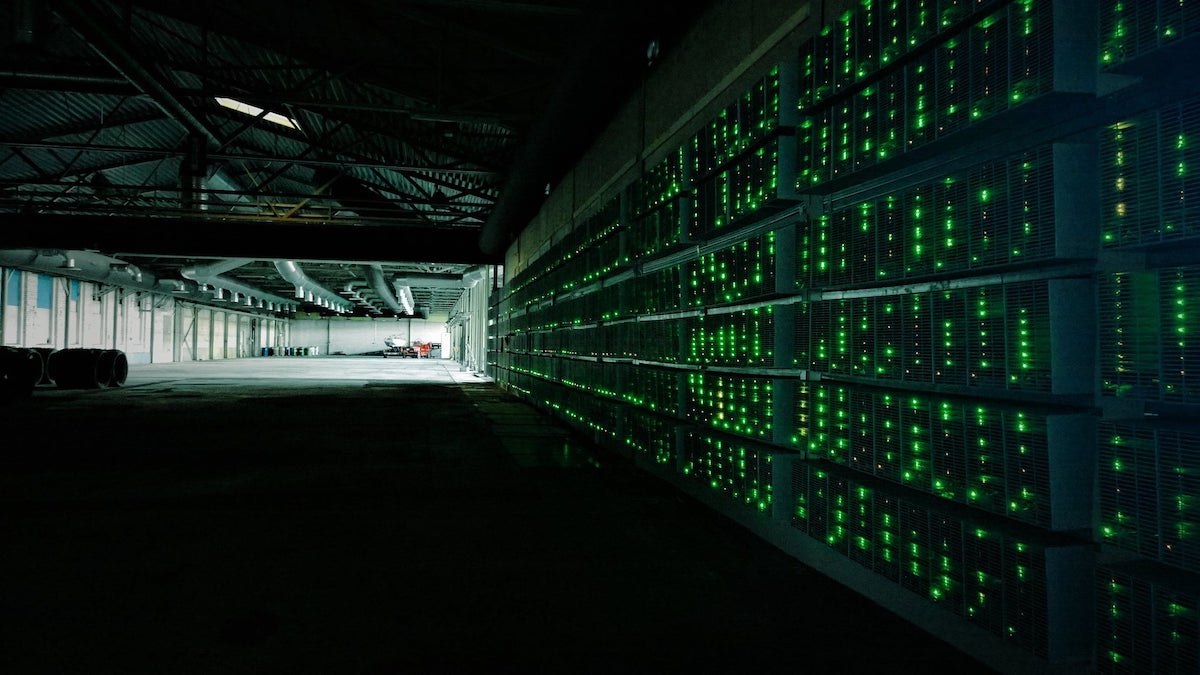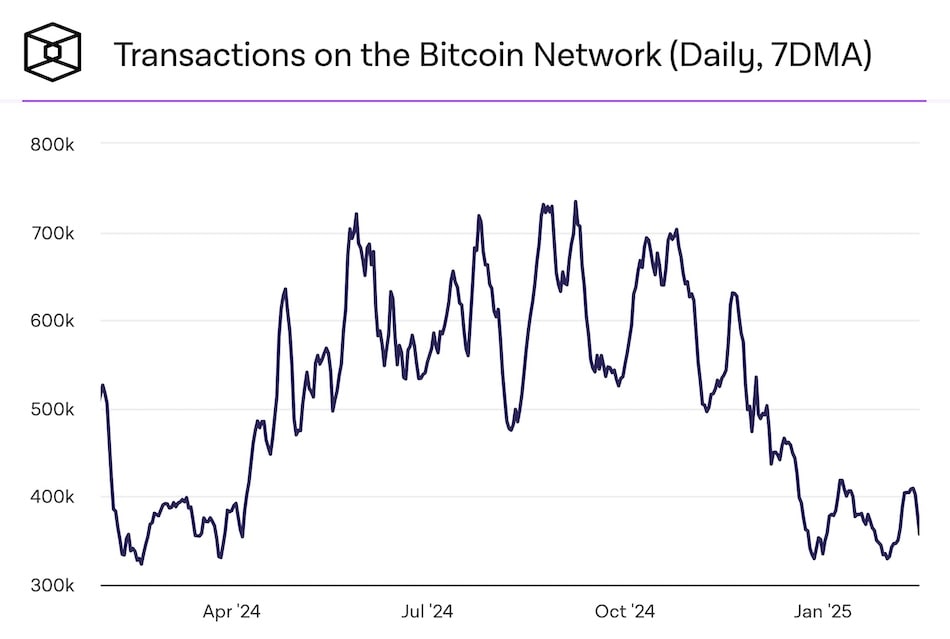
Key Takeaways
- West Virginia bill proposes investing 10% of state funds in Bitcoin.
- Other states, including Utah, Kentucky, and Michigan, have introduced similar bills.
- VanEck estimates $23 billion in Bitcoin demand from state reserve bills.
West Virginia State Senator Chris Rose introduced The Inflation Protection Act of 2025 on Feb. 14, proposing that the state treasury allocate a portion of its funds to digital assets or precious metals.
The bill limits investments to assets with a market capitalization exceeding $750 billion—meaning Bitcoin is the only eligible digital asset at present.
The bill permits the treasury to hold these assets either on-chain or through exchange-traded funds (ETFs).
If passed, West Virginia would join a growing number of U.S. states seeking to establish Bitcoin reserves as a hedge against inflation.
State-level movement
Several states have recently introduced similar proposals.
On Feb. 6, Utah’s House of Representatives passed a bill allowing treasury investments in Bitcoin and select digital assets, which now awaits Senate approval.
That same day, Kentucky introduced a bill permitting up to 10% of state funds to be invested in Bitcoin.
Michigan followed on Feb. 13, introducing a proposal without restrictions on specific digital assets.
Potential market impact
According to an analysis by asset manager VanEck, these state-level Bitcoin reserve bills could generate $23 billion in demand for Bitcoin if widely adopted.
Federal considerations
Meanwhile, at the federal level, President Trump commissioned a study on digital asset reserves on Jan. 23, raising questions about whether U.S. states will front-run the federal government in Bitcoin adoption.




